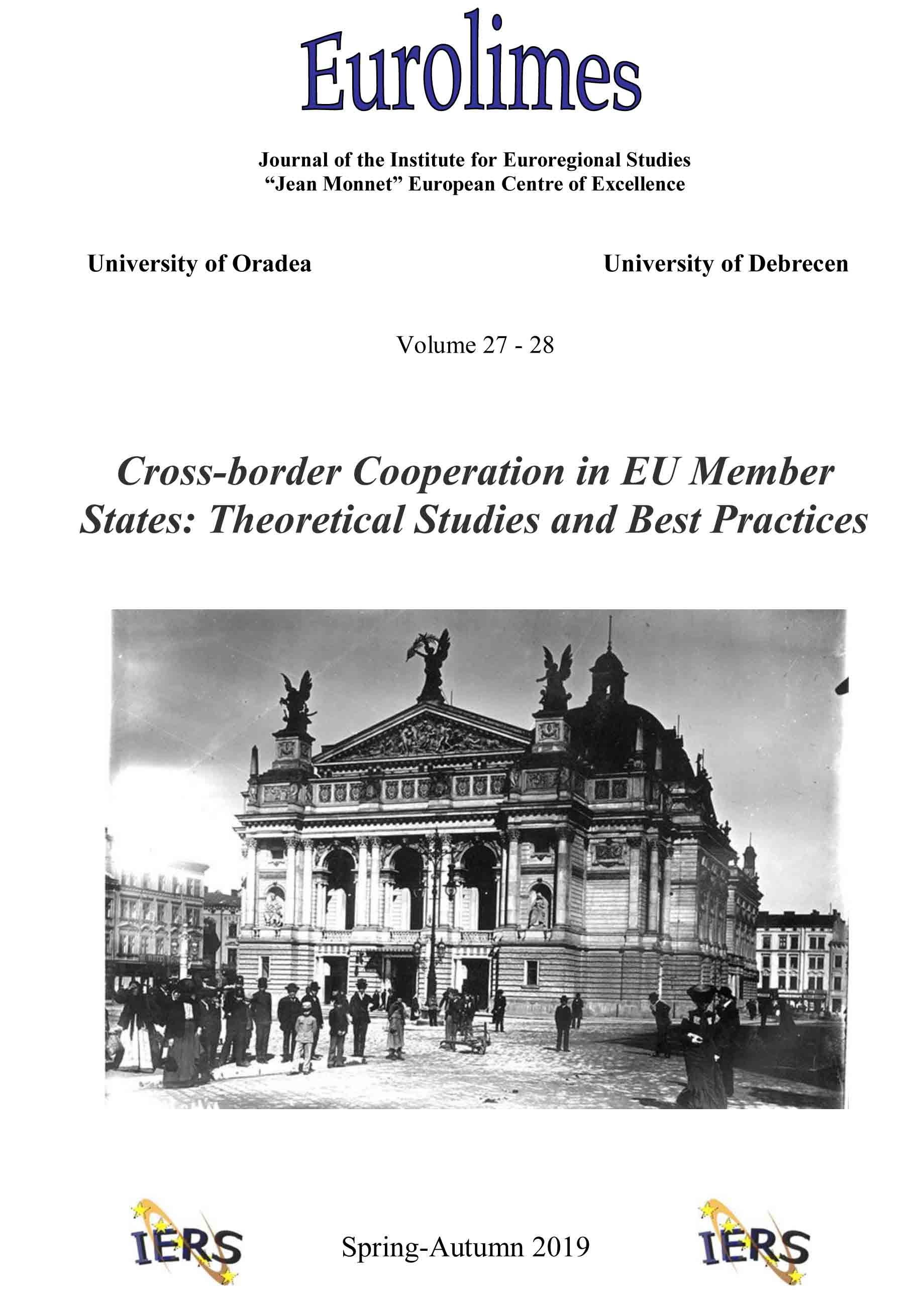Cross-Border Cooperation Stigmatised: Why Upper Prut Euroregion Activity Goes Down Still
Cross-Border Cooperation Stigmatised: Why Upper Prut Euroregion Activity Goes Down Still
Author(s): Anatoliy KruglashovSubject(s): Politics / Political Sciences, Regional Geography, Political Sciences, Governance, Geopolitics
Published by: Editura Universitatii din Oradea
Keywords: cross-border cooperation; Euroregion Upper Prut; security challenges; stagnation;
Summary/Abstract: Foundation of the new Euroregions around Ukraine–Romania–Moldova borders have been treated with all countries involved from somewhat different perspectives. Romania considered them as a venue of making stronger its ties with compatriots abroad and as a tool of expanding greater influence to the neighbouring borderland territories in the end of 1990th – beginning of the 2000th. Ukraine and Moldova had thought with some suspicions about this initiative of Bucharest, keeping in their mind some possible irredentists‟ threats from the regions concerned. After some years of somehow tense negotiation the contracted parties had agreed to constitute two new Euroregions, Upper Prut and Low Danube namely.Since the moment of the foundation, Upper Prut Euroregion passed through some stages of their development and faced with several challenges. Firstly, analysing the reasons behind the process of the slowing down of the pace and effectiveness of CBC in the given region one has to take into account the growing disparity of the three components of the region. While Suceava region has made some obvious advancement with somewhat lagging behind Botoşani region, the northern districts of Moldova remain under much worse social and economic conditions. Chernivtsi and Ivano-Frankivsk regions are in-between position, but they have been overwhelmed with a narrow agenda of mere survival recently. Secondly, institutional structures and mechanisms of cooperation in the Euroregion are grounded predominantly on the ability and good will of regional administrative elite to outline the agenda of CBC and then set it in motion. Thirdly, the dependence on the good-will and readiness of making a certain contribution toward moving forward this „joint venture‟ seemed a dominant trait there. Looking at this dimension of the Euroregion activity it‟s reasonable to state certain lack of the true devotion and incentives that were applied towards the betterment of its institutional capacity and operational mode. Still, some attempt of reviving the activity of CBC and Euroregion took place last years. Once again Romanian and Ukrainian counterparts took a lead in this process. Finally, the activity as well as mechanisms and instruments of CBC in the framework of Upper Prut do require concerted affords in order to make them functioning duly. Otherwise the whole structure of the Euroregion will be rather a sort of a mausoleum of vanished hopes and groundless aspirations.
Journal: Eurolimes
- Issue Year: 27/2019
- Issue No: 27-28
- Page Range: 173-186
- Page Count: 14
- Language: English
- Content File-PDF

